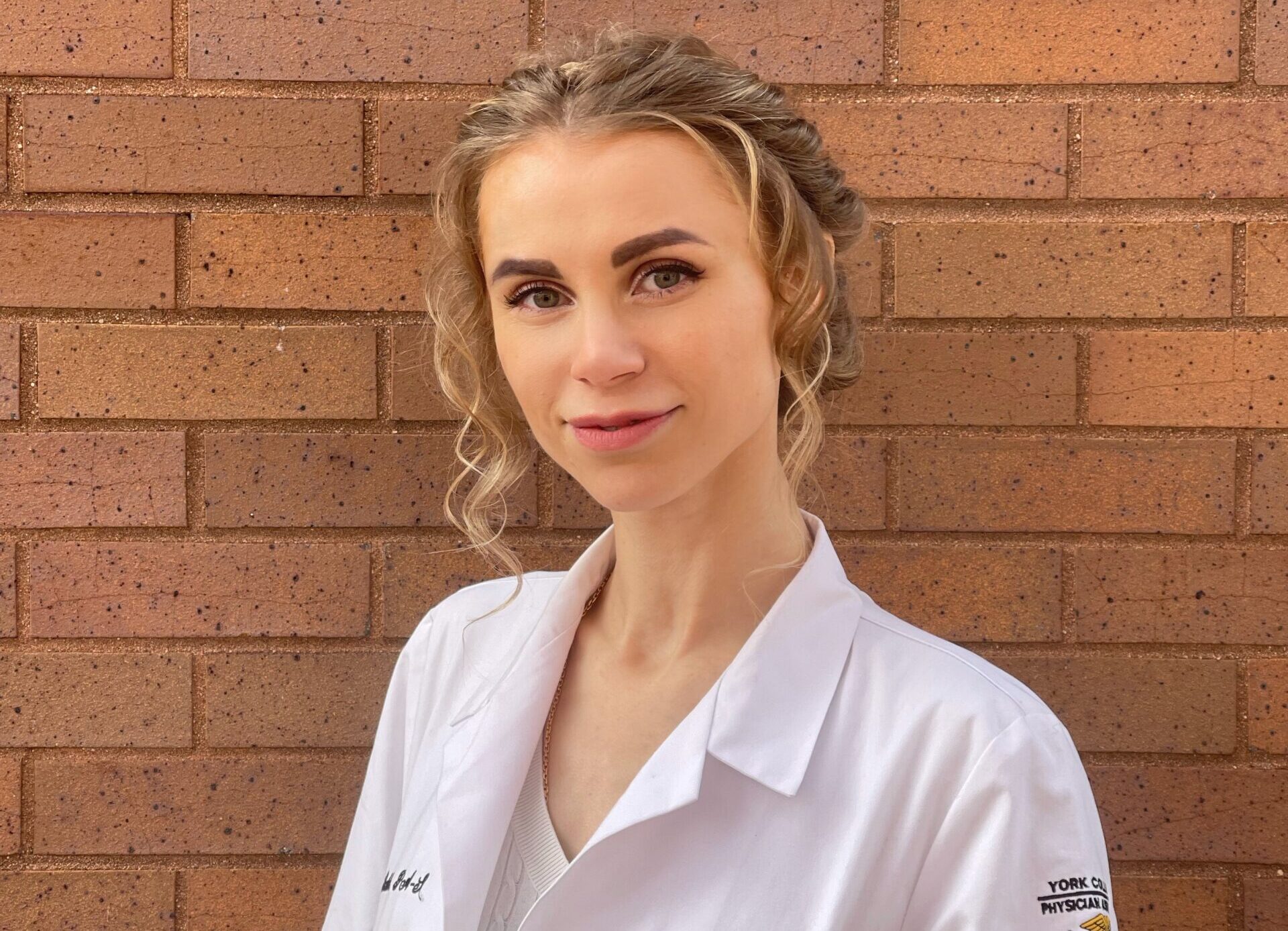OBGYN site visits were great educational sessions. For my first presentation I chose a young patient with anuria who also had a family history of PCOS. PCOS is a diagnosis made clinically, based on a myriad of findings so that patient’s differential and workup was pretty broad, which lead to a stimulating educated discussion. My pharm cards covered drugs I saw most commonly used in OB service.
Second patient I chose to present was a case of malodorous vaginal discharge without any constitutional symptoms in a patient who denied being sexually active for the past year. To me her exam was consistent with a Trichomonas infection but the provider decided to wait for results of the cultures rather than to treat empirically and let the patient go home without any medication. However, given the patient was deaf and, therefore, her visit took much longer than expected due to interpretation difficulties, in my mind chances of her coming back were not great so if it was up to me, I would have treated empirically before the cultures return and then adjust the regimen if needed. My preceptor agreed with my approach which was reassuring to my confidence in my clinical decision making in future.
The second set of pharm cards was composed of hormonal medications as I felt like I needed to review the negative feedback mechanisms of reproductive hormones, which was a great review for the end of rotation exam.
Overall my preceptor was an excellent teacher who evoked and encouraged critical thinking as well as gave a constructive feedback on areas that needed improvement.


